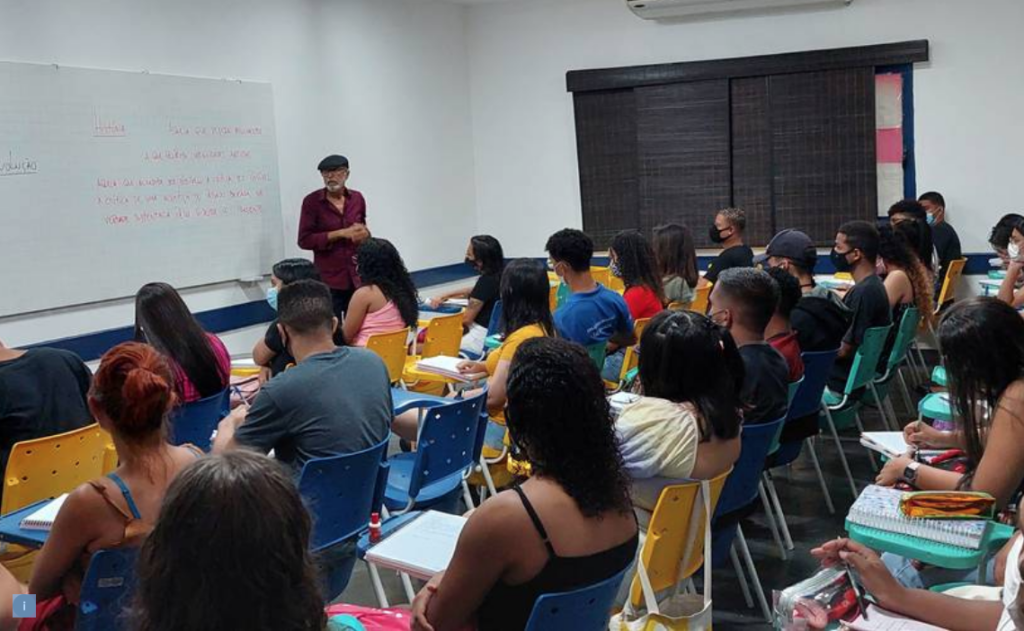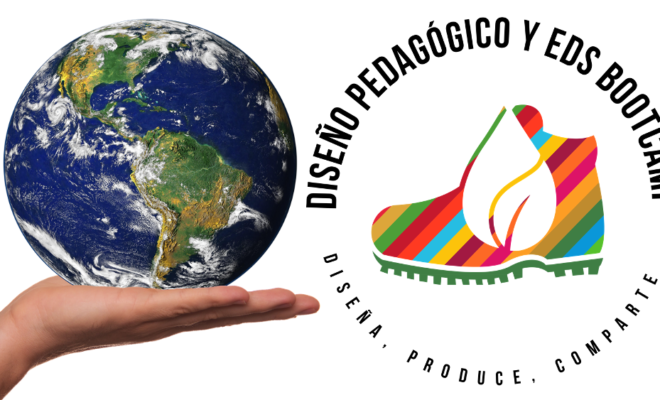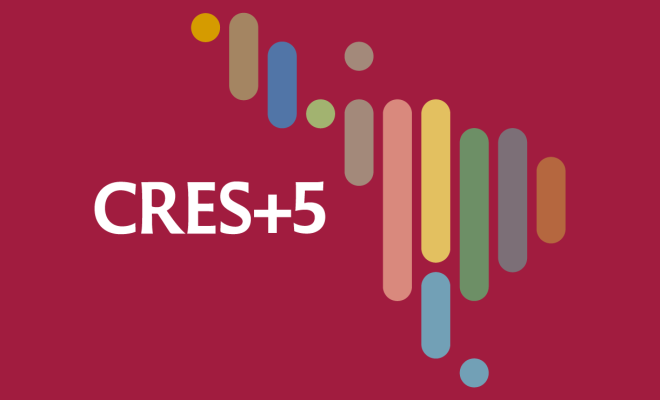Young Latin Americans see career dreams crushed in COVID’s wake | Thomson Reuters Foundation
by Anastasia Moloney and Fabio Teixeira | Thomson Reuters Foundation

BOGOTA/RIO DE JANEIRO, April 11 (Thomson Reuters Foundation) – As a boy, Fabian Calderon would watch planes at Bogota’s airport with his father, who worked there as a flight dispatcher, a pastime that inspired him to pursue the same career.
Working by day in a sales call center, Calderon used his savings to enroll in an evening course in 2019 at a private university, paying $800 a term – equivalent to more than double his minimum monthly wage of $350.
“It was hard studying until 10 p.m. and going to work the next day, but I was guaranteed a good job at the end,” 29-year-old Calderon told the Thomson Reuters Foundation.
But then the COVID-19 pandemic struck, battering Colombia’s economy and with it Calderon’s dreams of graduating and securing a better future.
“I lost my job. I lasted one month without a pay check. I couldn’t pay for tuition. I felt so disappointed,” said Calderon, who dropped out in June 2020 and has not been able to afford to return since.
Millions of students in Colombia and across Latin America, have been forced to leave higher education due to the economic fallout of COVID-19, experts say.
A survey by WorkUniversity, an online jobs platform, found that higher education drop-out rates rose by 24% in Colombia during the second quarter of 2020 from a year earlier.
More than half of students surveyed cited economic reasons for abandoning their studies.
Last year, the Colombian government announced tuition fees would be waived for the poorest students at state universities, with about 650,000 students eligible to apply this year.
HIGHER EDUCATION STRIDES
Millions of students in Brazil, Colombia and elsewhere in Latin America have dropped out of training courses and university due to the pandemic’s economic impact
Latin America has made big strides in getting more students into higher education over the past two decades.
Between 2000 and 2018, higher education gross enrollment rates in the region more than doubled from 21% to 52%, according to the World Bank.
But the impact of the pandemic risks undermining such progress and widening the gaps in educational opportunities between the rich and poor, especially for women.
“Before the pandemic, there was a growing trend to have more women than men in (higher education) in Latin America, as in many other countries,” said Francesc Pedró, head of the International Institute for Higher Education in Latin America and the Caribbean (IESALC), part of U.N. cultural agency UNESCO.
A more skilled and educated workforce helps to drive economic growth, increase social mobility and reduce inequality.
“We can already expect that there will be a major impact on the earnings of this generation. Clearly, there will be an affect on the GDP (gross domestic product) of all countries,” said Pedró.
In Latin America, female students will be hardest hit. “We certainly expect less women to come back to universities … the gender issue is an indicator of social and economic inequalities from which women suffer more in our region,” Pedro said.
Read full article: https://news.trust.org/item/20220408094138-jasvf/
RELATED ITEMS







